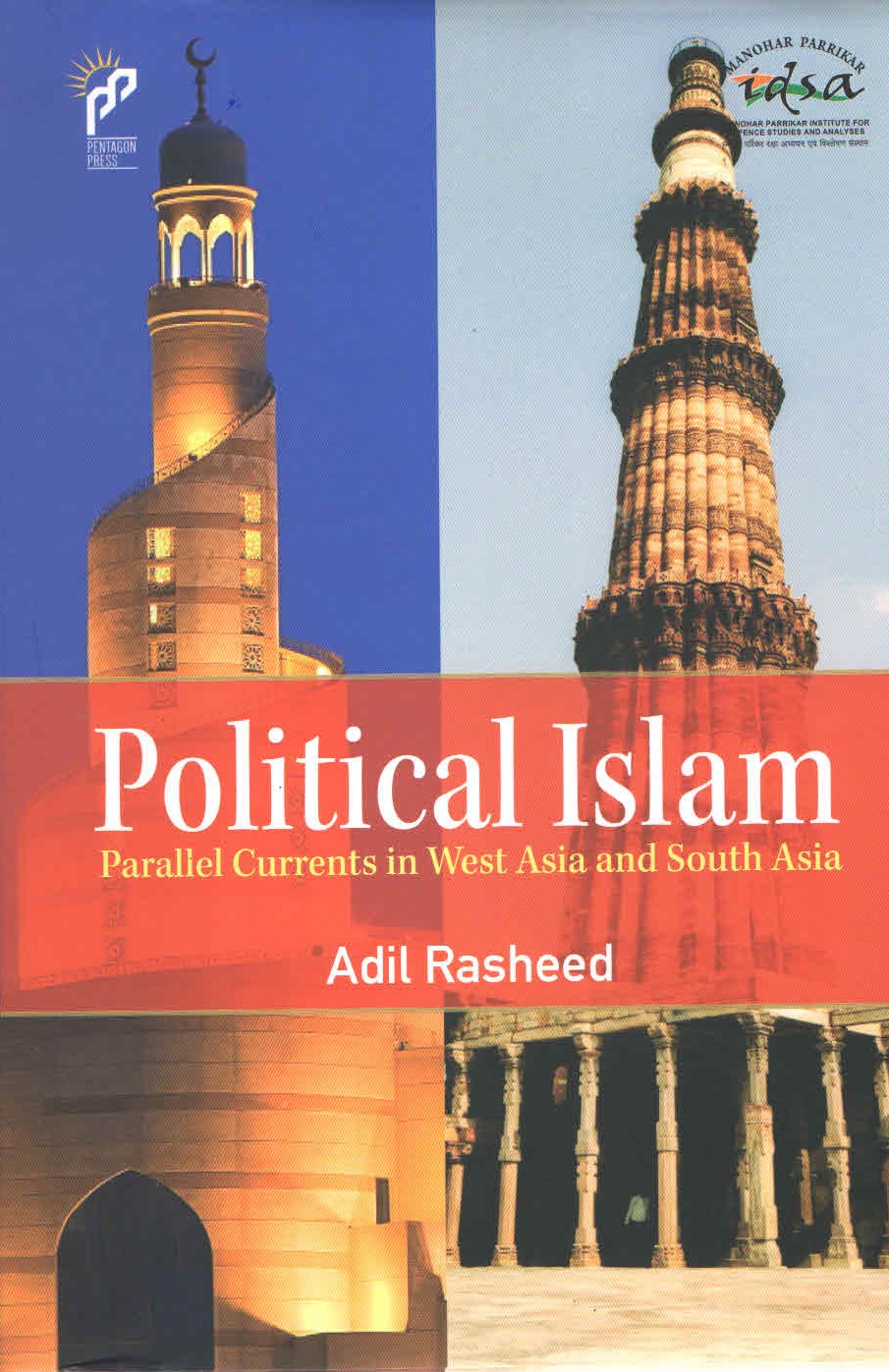Political Islam: Parallel Currents in West Asia and South Asia
- Publisher: Pentagon Press
This book deals with the history of Muslim political thought from the time of the Prophet to early 21" century in `West Asia` (an Indian alternative to the `colonial` term Middle East) and South Asia. Although Islam does not present nor recommend any political philosophy or state-like system per se, Muslim scholars and theologians have over the centuries recommended ways for establishing an ideal Islamic polity based on Quranic inferences, precedents of the Prophet and some early Caliphs. Although Political Islam strictly refers to only a century-old religious-political revivalist movement, this book covers historical concepts and developments that serve as political antecedents for contemporary Political Islam in the two regions.
- ISBN: 9788195189458 ,
- Price: ? 1995/-
- E-copy available










